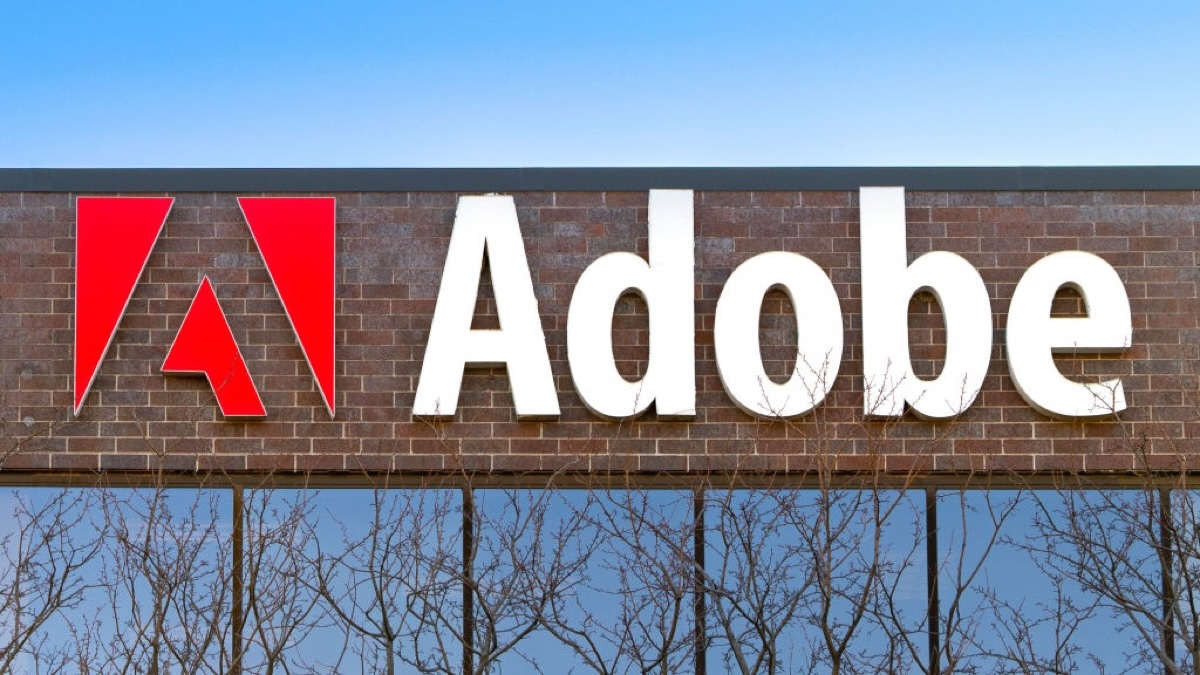Adobe Lands in the Soup for Implying Users’ Content Might Be Used To Train AI, Backtracks

Photoshop software developer Adobe has landed in hot water again, this time for their latest Terms of Services update, which vaguely hints at the company using users’ data to train its AI models.
The initial updated TOS from Adobe stated:
You grant us a non-exclusive, worldwide, royalty-free sublicensable, license, to use, reproduce, publicly display, distribute, modify, create derivative works based on, publicly perform, and translate the content.
A portion from Adobe’s latest Terms of Services update
The policy change was met with strong reactions from both the consumers of Adobe’s products and their employees, who believe that the organization effectively wants to take autonomy away from the customers and effectively steal their content. To be fair to the users, the murky language used by the tech giant does indicate that they are likely to use consumers’ data to train Firefly, their generative AI model.
Another talking point was that the clients using Adobe software to create projects under NDAs (non-disclosure agreements) would have no choice but to find an alternative, due to the lack of data privacy. As users of the software company’s products let their discontent known on social media, Adobe came up with a blog post to clarify their stand on the matter. As things stand, Adobe has confirmed that they don’t train Firefly with users’ content, but that’s of little comfort when it’s not written into the terms of service.
Adobe’s chief strategy officer and Behance co-creator Scott Belsky did try to firefight the situation on social media by responding to the discontented posts with the highest interactions, but was met with a sea of opposition in the reply section. While he defended his company’s latest update, he publicly admitted that the agreement had to be better worded. The news had a direct effect on the company’s stock market value, as it plummeted by 20% year-to-date on June 13.
The company had faced similar backlash in 2013 when it updated its payment model to a recurring subscription-based model instead of a one-time transaction. The users felt that the company’s motives were solely to make profits, not providing them with the optimum services.
A major accusation that has been constantly thrown at the company is its constant attempts to monopolize the market, which was on full display during its effort to acquire Figma for $20 billion. However, the deal didn’t go through because of U.K. and EU regulators’ interference, who echoed the sentiment of people who thought the merger would lead to Adobe completely grasping the market it already dominates.
Have a tip we should know? tips@themarysue.com